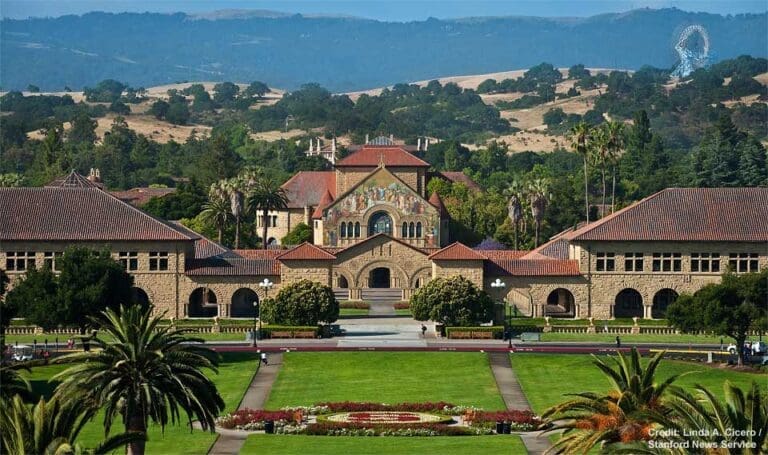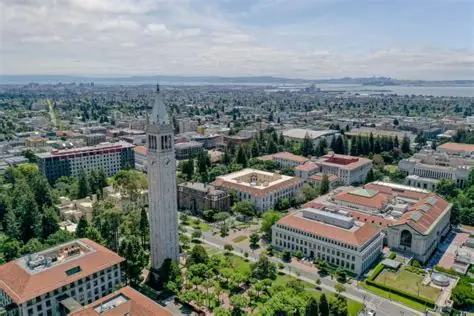
What is an F1 Visa
In this blog, I will highlight key things to get started on if you are an international student applying for a Student Visa to study in the US.
As an international student, you will be applying for a Non-Immigrant Visa. This means that you will not be allowed to ‘work’ in the US (excluding internships/co-ops, which are practical/experiential opportunities – more on this in my future blog). While Student Visas can be received up to 120 days prior to the beginning of the course date, you are only allowed to enter the United States more than 30 days before this date.
To apply for this visa, you need to complete a form titled ‘Form DS-160’, after which you will be invited for an interview, in case you are above 13 years of age. Filling the application form can be a tedious process, especially since you will be logged out automatically in 20 minutes. You can save your application and come back later anytime in the next 30 days to complete it. Remember to keep your Application ID number with you at all times!
Be well-versed with the information you have entered in your form, as this may pop up in your personal interview. Do remember to ensure that all of your information is as accurate as it can be. Failing to do so may require you to refill the form and reschedule your interview. It is perhaps not surprising that your social media accounts will also undergo a background check, and this will be factored into your visa decision, given that most of your life’s stories exist there these days!
Also Read: What are AP Tests
Here’s a list of things you need to put together prior to filling in the DS-160 form:
-
Valid Passport, preferably valid after 6 months after your intended stay, but not mandatory.
-
Your digital photo as per the size requirements
-
Travel Itinerary
-
Social Media Accounts – you will be required to provide the URL, Username, and Account name for all of your social media accounts
-
Travel History to the US and other countries
-
Resume or CV
-
SEVIS ID (You should have received this from the School/College upon confirming your admission with them)
It is always a good idea to start collating all of the necessary information and documents so that when the time comes to fill in the DS160 form, you are equipped with all the necessary armor. Visa policies tend to change, so ensure that you’re updated with the latest requirements. While filling in the form and preparing for the interview is all quite manageable, you may feel like consulting a Visa expert in case you want the process to be hassle-free and need more support.
Read More: UCAS Personal Statement









